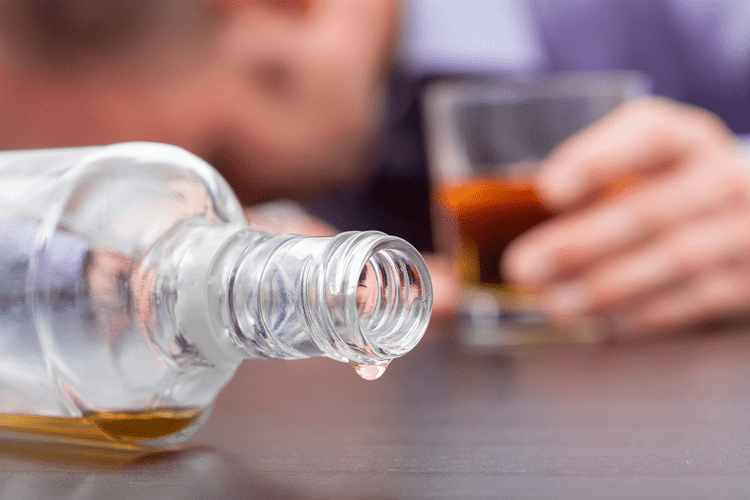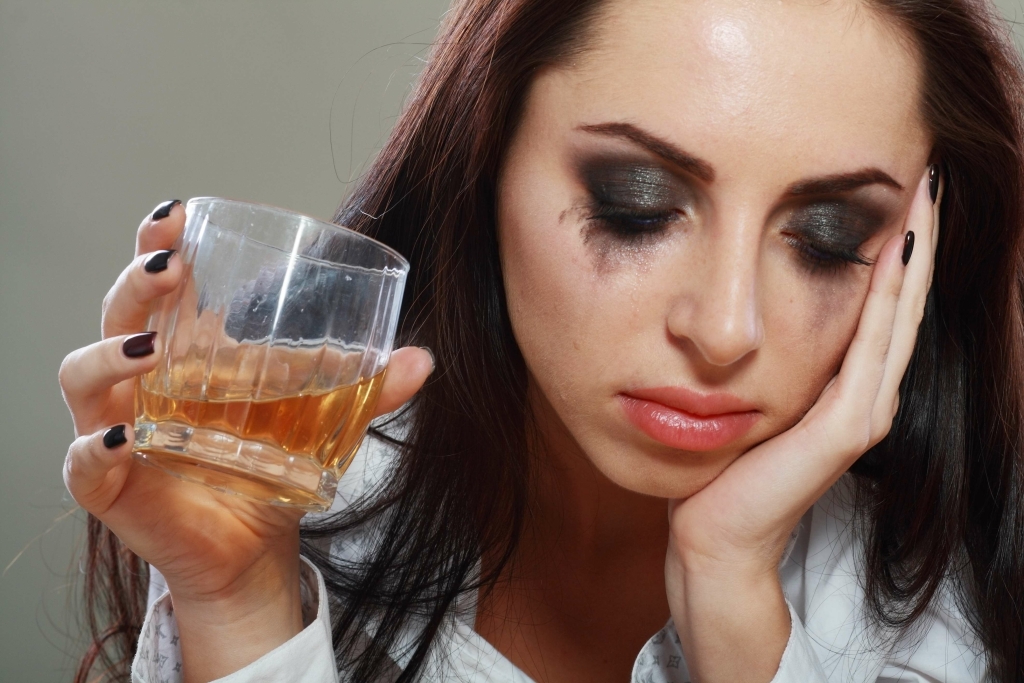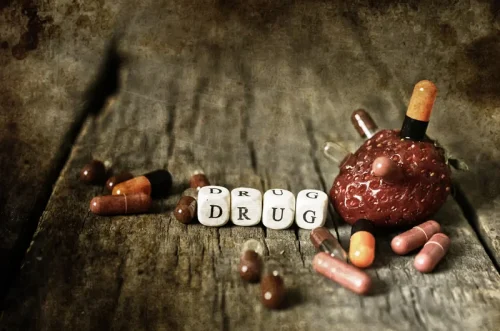Content
While everyone recovers at a different pace, it is worth repeating that long periods spent in treatment are correlated with a reduced risk of relapse. Sober living home managers understand the financial difficulties that people with addictions face. Many offer sliding scale rates or help residents find work and accept payment on a deferred basis. The Rise Against Addiction Scholarship is intended to offer financial assistance to men and women who are in recovery and are seeking to secure safe and reputable housing in a MASH Certified Sober Living Program. Applications take about five minutes to complete, and most applications can be approved within 24 hours.
Youth Residential Programs provide short-term residential rehabilitative services to youth between the ages of fourteen and eighteen years who need a supervised environment to strengthen their recently acquired sobriety. Includes diagnostic, counseling, educational and pre-vocational, recreational, and HIV/AIDS related services. Prevention Programs are community-based programs that work to prevent alcohol, marijuana, and other drug use among children (pre-K to youth up to 18 years of age) and their families.
List of Sober Living Homes in Massachusetts
Sober living houses in Massachusetts serve as a bridge between residential treatment and independent living. They provide the next level of care after a detox or substance abuse treatment program. Massachusetts sober living homes are not sober house boston rehabilitation treatment centers and therefore do not provide medical or clinical assistance to their residents. However, residents may attend recovery-based group meetings or outpatient treatment while living in a sober living home.
Addicts who are floundering in recovery and repeatedly relapsing can find lasting sobriety in Design for Recovery. The better facility, privacy, and functioning amenities make residing in a sober living program expensive, as most residents pay for room and board. Meanwhile, halfway houses tend to be cheaper as the government typically subsidizes the rent for residents. If you’re looking for a sober living program in Massachusetts, you’re likely a state resident or live in New England.
Are You Searching for a Sober Living House in Massachusetts?
Other proposals that provide services for residents in MassHousing-financed rental housing, specifically those that address alcohol and/or drug abuse or addiction, are also considered for funding. CCRI grant recipients must be 501c3 non-profit organizations and matching funds must be provided. All proposals and applicant qualifications are stringently reviewed and vetted by MassHousing.

During the day, the sober living home management encourages residents without a job to seek employment and pick on a new hobby or sport. The initial intake process for a sober living home near Boston will often require you to be eighteen years old or older. Would-be residents are also required to pass a background screening, as well as drug and alcohol testing. During the COVID-19 pandemic, some recovery homes may be offering housing at limited capacity. After living in a therapeutic community, residents may transition into a sober living home or return home to continue attending treatment on an outpatient level.
Safe and structured sober environment
Services include case management for a variety of service needs, psycho-educational groups, and connections with self-help groups. Residential Treatment Programs under 30 days provide short-term acute treatment for individuals who require intensive care and support due to their alcohol and/or other drug use. Residential Treatment Services under 30 days include Acute Treatment Services (ATS), Transitional Support Services (TSS), and the Tewksbury Stabilization Program. Aftercare plans are programs designed to facilitate long-term sobriety for people who have graduated from formal treatment programs. Design For Recovery Sober Living houses provides a safe and supportive environment for people who are recovering from addiction.
They provide safe, clean, supportive, and trigger-free environments to residents. When people move in, they agree from the beginning to stay away from drugs and alcohol. Sober living homes operate in many ways like a normal home, with the crucial difference being that all residents work daily to further their recovery. Moreover, sober livings provide a great deal of structure and support to aid residents in this goal. Transitional housing provides temporary and affordable drug and alcohol-free living accommodations for homeless persons in recovery. Transitional housing provides supportive housing aimed at helping its residents transition successfully from homelessness to self-sufficient living while maintaining their sobriety.
Residents in outpatient treatment may also report for therapy and counseling sessions. Residents stay in a home with a staff to supervise them and hold them accountable. They share the goal of achieving both stable sobriety and complete independence. Many sober living homes also have residence requirements, as well as rules and regulations they need to follow.
- Some residents might find that they are prepared to leave after just a few months.
- While staying at a sober living home, you can involve yourself in your community’s activities, find full-time work, or take courses and skills training to have more choices when you eventually apply to jobs.
- Massachusetts residents in early recovery from addiction may benefit from the structured and supportive living environment of a sober living home.
- Recovery schools have been shown to reduce student’s rates of relapse and increase their graduation rates.
- The government funds and administers the daily operations of a halfway house through its agencies.
In addition, occupants of a halfway house must attend substance abuse recovery-based treatment or program, including 12-step meetings and therapy. Some halfway houses may conduct random drug testing for their residents to ensure they are always sober, while others provide mental health services to their residents. Recovery houses are transitory substance-free, peer-supported, stable, and safe living environments for persons in recovery from substance abuse. Recovery https://ecosoberhouse.com/ houses do not provide medical or clinical services to their residents. Residents support themselves by using the skills and knowledge learned during inpatient rehab treatment, counseling, and therapy to direct, encourage, and help one another to prevent relapse. Recovery houses reinforce a substance-free lifestyle by providing mutual help through peers in recovery, support groups, and recovery support services, including medical treatment for substance abuse.











